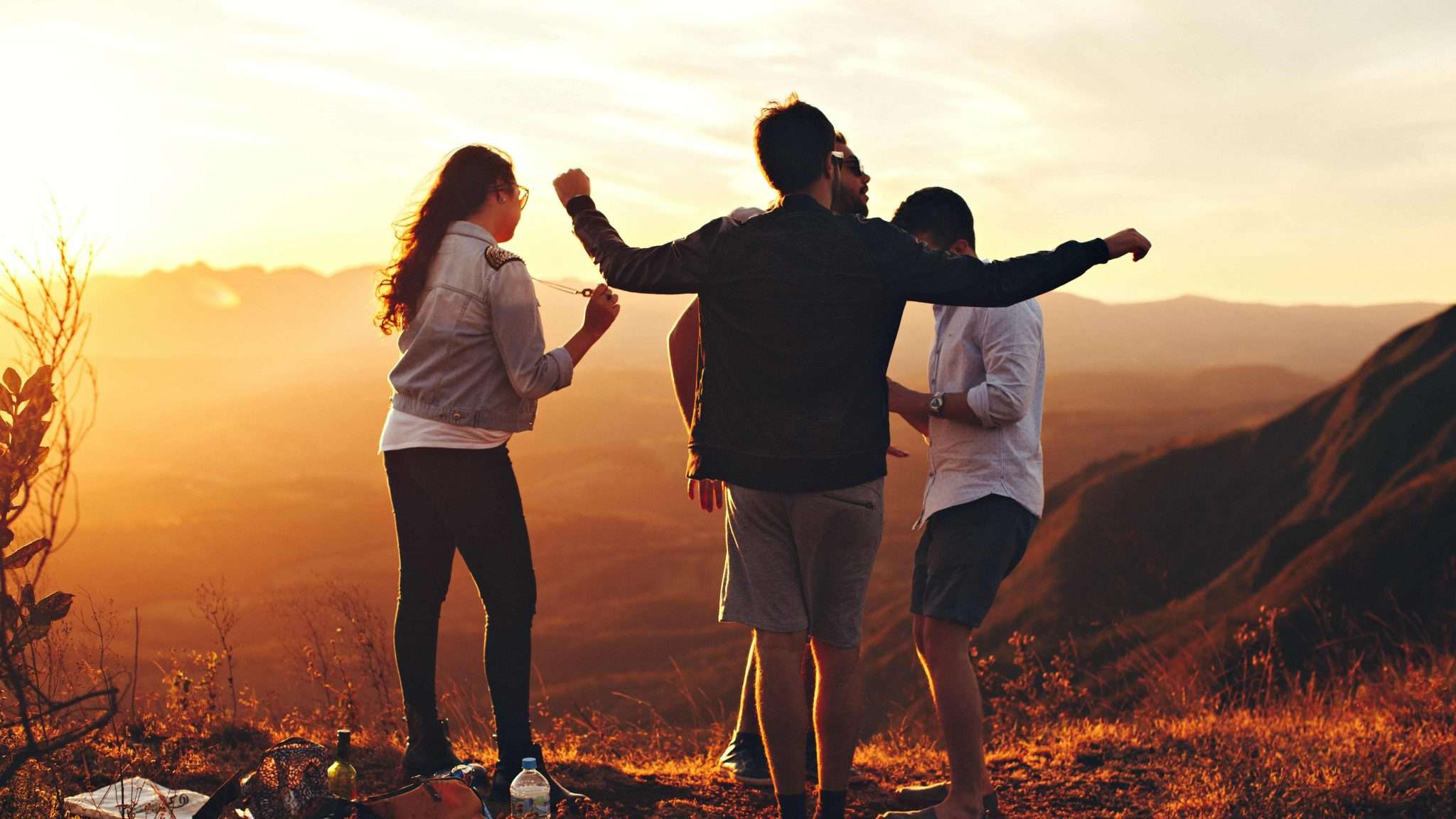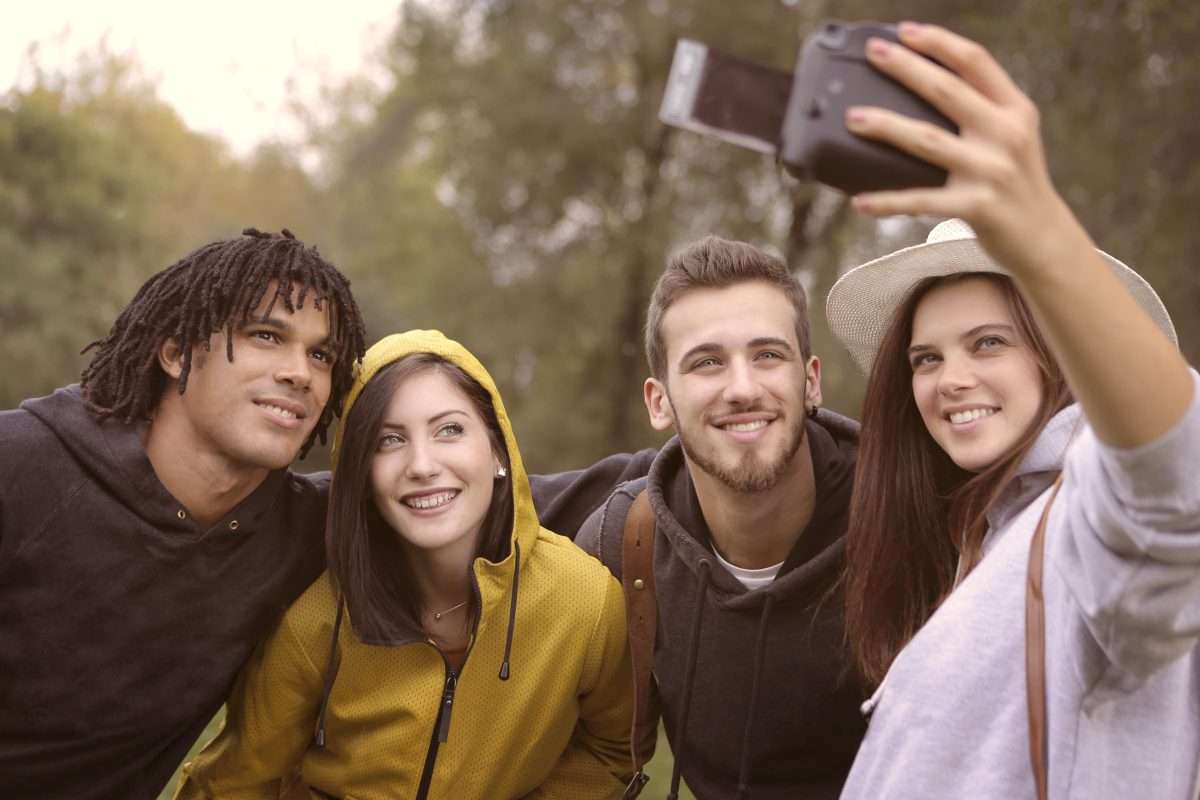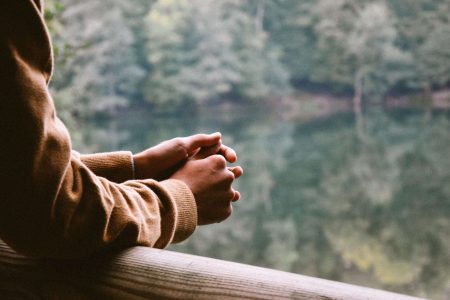Table of Contents
In early recovery, holidays abroad can be among the hardest things to handle, partly because going away from our familiar surroundings can introduce us to situations where it’s difficult to say no. But while it can be hard, let’s embrace the positive change that sobriety has brought to our lives and look at some ways to bring that into our vacations. Here is some advice on keeping your holiday sober.
Vacations for the Newly Sober Can Be Risky
If you are relatively new to sobriety or someone who is trying hard to achieve it on a lasting basis, then holidays – especially those involving trips to places that are associated with drinking alcohol, such as the beach in Spain or a ski resort – can feel daunting rather than exciting. It’s wise in your first two years of recovery to choose your destination carefully – avoid the notorious binge culture spots around the Mediterranean, for example in favour of quieter more family-orientated locations. Consider other options too, perhaps camping could be a healthier holiday than a package tour hotel, for example.
12 Tips for a Sober Holiday
Not all holidays revolve around alcohol, there are plenty of healthy retreats out there for you to enjoy. It is important to plan ahead and not be caught out in a situation that is risky for your sobriety. Below are some helpful tips to keep you on track:
- Embrace a sober mindset: Success (by which I mean staying sober) is much easier to achieve when you are enthusiastic about something. If you have a truly happy sobriety already then you are less likely to relapse. Enjoy the recovery you have and try new things. Be excited about feeling healthy and clear-headed.
- Look into sober retreats: Sober holidays, curated especially for those in recovery, are a great idea for anyone who wants to avoid the temptation and cues to drink, whether you’ve just started your journey, or been abstinent for many years. These retreats are designed to help you stay on track and you don’t have to deal with the stress that comes along with planning a holiday. Many of these retreats offer access to daily 12 Step groups, or have staff trained in recovery coaching.
- Plan ahead carefully: consider the new challenges you may find in a new place or country – new customs, new climate, new people. When might you get to feel hungry, angry, lonely or tired (HALT – the well-known acronym for situations to avoid)? For example, the journey to your destination may be draining and you might end up in a hotel bar on your arrival looking for food to eat.
- Seek support: Have people you trust that you can call/meet online if you feel anxious – your sponsor or a recovery coach. There are local fellowship meetings around the world and there are 24/7 online Zoom meetings too. Do your research in advance and make sure you have a list of the right sober resources.
- Engage with an online therapist: online therapy has opened the doors to bringing your therapist or recovery coach on vacation with you. If you are going away for a few weeks you might consider signing up for 5 sessions of recovery coaching, where you can check in with your recovery coach online during the time you are away.
- Create new traditions and break the old ones: once you’ve enjoyed the pleasures and empowerment of a sober vacation, you will want to repeat them and perhaps others will want the same. Establish a few good habits or traditions – the very early morning walk, the meditation hour, the midnight swim and that yoga you began. You’ll be able to remember such things so much better too, and you might start keeping a journal for re-reading next January.
- Choose your company carefully: Peer pressure to drink on holidays can be a burden if you’re travelling with a group of drinkers. Arrange your holiday with people to whom the idea of fun and relaxation doesn’t revolve around alcohol.
- Communicate boundaries: it’s best to clarify everyone’s expectations at the outset so that family and friends know what to expect and won’t pressure you to do things you don’t want. They’ll probably be delighted to have someone along who’s capable of organising and doing the driving but in return, they must respect your position. Assert yourself when necessary, and say ‘no’ when you need to.
- Practise self-care: care of your physical and mental well-being is a constant recovery requirement – just be sure that it doesn’t get overlooked on holiday when there are so many new things and experiences to process. Peace of mind on a daily basis needs to be your goal, whether on holiday or not. Make every choice throughout your day on the basis of what will be good for your sobriety.
- Stay mindful of dangers: a lot of slips and relapses happen very quickly as a result of inappropriate responses to an unforeseen event that you find upsetting – an argument with your partner perhaps, or a friend who unthinkingly puts a beer in your hand. There are all kinds of recognised techniques for managing cravings and difficult situations – be sure to revise them and always have the phone number of a fellowship member to hand.
- Explore alcohol-free alternatives: there are many non-alcoholic, healthy beverages to choose from and taste a great deal better than they did a decade ago. Many more people these days drink alcohol-free concoctions, but you should always be aware of two vitally important things:
- Drinks sold as ‘alcohol-free’ can sometimes contain a small percentage of alcohol which could trigger cravings. Always check labels carefully and if in doubt, choose a drink you trust. Even 0.5% alcohol content could be dangerous.
- Alcohol-free drinks that look like their alcoholic counterparts can trigger euphoric recall and affect your mood negatively – ask yourself why are you choosing to pretend you are drinking alcohol, a substance that has done you so much harm. Would you not be safer drinking something quite different which celebrates your sobriety?
- You can have your own agenda – holidaying with a crowd doesn’t mean you have to stick with them all the time – take time to do what you really like – exploring the countryside, local culture or guided tours. A lot of holidays consist of doing very little between one mealtime and the next, but you can be different – have a schedule.


Download Our Brochure
Holidays Expand our Horizons
Holidays often turn out to be learning experiences. For the young, they can be about new connections, for teenagers they can be about learning to grow up (and learning about alcohol and drugs can be a big part of that). But growing up is also about learning to say no to things and deciding not to drink or use can be a sign of real maturity. Your first sober holiday can be a source of new friends, new experiences and happy memories. Enjoy the fun, but always remember that you are having a holiday in recovery – not a holiday from recovery.
Find a Sober Retreat Provider
CATCH Recovery, our outpatient addiction service, is a specialist in providing support to people in early recovery and going on the right kind of holiday is an important part of taking the first steps into a new life free from drugs and alcohol.
With this in mind CATCH Recovery has a network of recommended sober holiday providers that are committed to offering relaxing retreats without the presence of alcohol.
For more information on online addiction therapy, continue reading through our addiction therapy resources or contact Castle Craig and CATCH Recovery at 01721 546 263.



